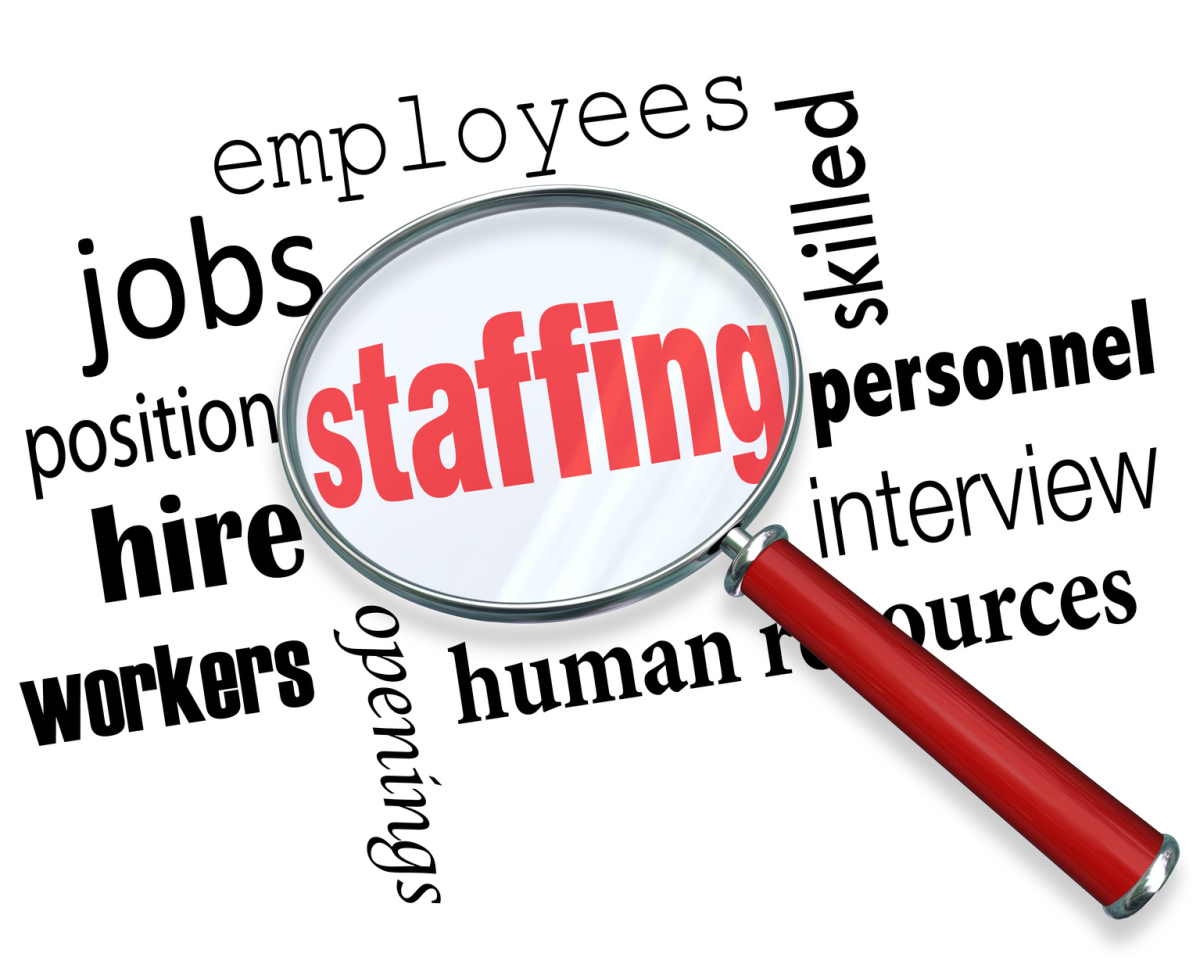The Evolution of HR and Staffing in the 21st Century
In today’s rapidly evolving business landscape, Human Resources (HR) and staffing play pivotal roles in shaping an organization’s success. As companies face unprecedented challenges, from technological advancements to changing workforce expectations, the importance of modern HR and staffing strategies has never been more crucial. In this blog post, we explore how HR and staffing have transformed in the 21st century, and how businesses can leverage these changes to attract and retain top talent.
1. The Shift to Digital HR Solutions
In the 21st century, HR departments have shifted from traditional paper-based processes to fully digital solutions. From recruitment to performance management, technology has revolutionized the way HR operates. Applicant tracking systems (ATS), cloud-based HR platforms, and artificial intelligence (AI) tools are now essential for streamlining workflows and making data-driven decisions.
By automating routine tasks such as resume screening, scheduling interviews, and onboarding, HR professionals can focus on more strategic initiatives. This not only improves efficiency but also enhances the candidate experience. Companies that invest in digital HR solutions can more effectively manage their workforce and remain competitive in today’s fast-paced environment.
2. Emphasizing Employee Experience
In the past, HR was often viewed as a function that dealt primarily with hiring, firing, and administrative tasks. However, the 21st century has seen a shift toward a more employee-centric approach. Companies are now recognizing that a positive employee experience is critical to attracting and retaining talent.
This focus on employee experience encompasses everything from flexible work arrangements and remote work options to personalized career development plans and wellness programs. As the workforce becomes more diverse and multi-generational, HR must adapt to meet the unique needs and expectations of today’s employees.
3. The Rise of Gig and Remote Work
The 21st century has seen the rise of the gig economy and remote work as key trends in staffing. Many businesses now rely on a flexible workforce of freelancers, contractors, and remote employees to meet project-specific needs. This shift has changed how companies approach staffing, requiring more agile and dynamic strategies.
HR professionals must now navigate the complexities of managing a remote workforce, from ensuring compliance with labor laws to fostering a sense of community and collaboration across geographically dispersed teams. Embracing remote work and the gig economy can offer businesses access to a wider talent pool and reduce overhead costs.
4. Diversity, Equity, and Inclusion (DEI) Initiatives
Diversity, Equity, and Inclusion (DEI) have become a central focus in HR and staffing strategies. In the 21st century, organizations are increasingly aware of the benefits of building diverse teams, which bring varied perspectives, innovation, and creativity to the workplace.
Implementing DEI initiatives goes beyond recruitment—it involves creating an inclusive culture where all employees feel valued and supported. HR departments are now tasked with developing policies and practices that promote diversity, eliminate bias, and ensure equitable opportunities for all employees, regardless of their background.
5. Data-Driven Decision Making
The integration of big data and analytics into HR and staffing has transformed how businesses make decisions about their workforce. HR professionals can now leverage data to track employee performance, predict turnover rates, and identify skill gaps. This data-driven approach enables more informed and strategic decision-making, leading to better hiring, retention, and talent development outcomes.
Predictive analytics, for example, allows HR teams to anticipate staffing needs and proactively recruit top talent. By utilizing HR data effectively, companies can stay ahead of trends and maintain a competitive edge in their industry.
Conclusion
As we navigate the 21st century, HR and staffing have evolved into strategic functions that drive business success. The shift to digital solutions, the emphasis on employee experience, the rise of remote work, and the focus on DEI and data-driven decision-making have all reshaped how companies manage their human capital. To thrive in this dynamic environment, businesses must adopt modern HR practices that align with the changing workforce landscape.
By staying ahead of these trends, companies can attract top talent, improve employee satisfaction, and build a resilient workforce that is prepared for the challenges of tomorrow.



